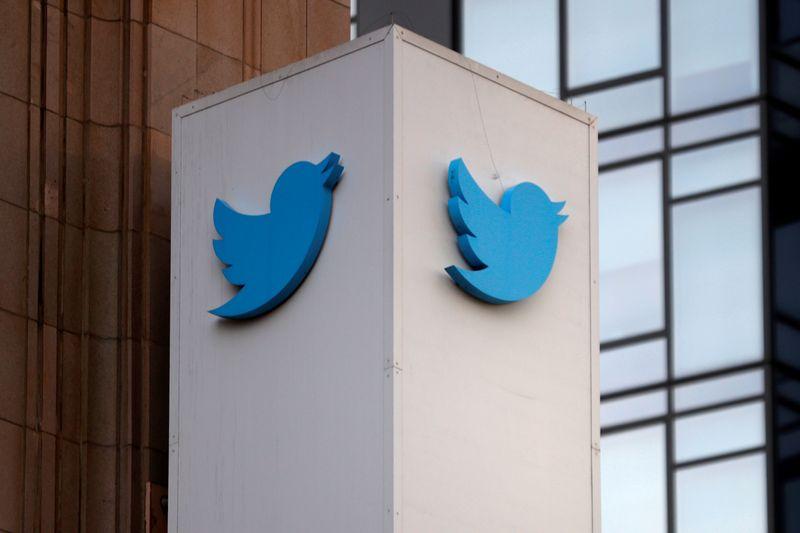Turkey slaps ad ban on Twitter under new social media law

ISTANBUL (Reuters) – Ankara has imposed advertising bans on Twitter, Periscope and Pinterest after they failed to appoint local representatives in Turkey under a new social media law, according to decisions published on Tuesday.
Slideshow ( 2 images )
Under the law, which critics say stifles dissent, social media companies that do not appoint such representatives are liable for a series of penalties, including the latest move by the Information and Communication Technologies Authority (BTK).
The law allows authorities to remove content from platforms, rather than blocking access as they did in the past. It has caused concern as people turn more to online platforms after Ankara tightened its grip on mainstream media.
The latest decisions in the country’s Official Gazette said the advertising bans went into effect from Tuesday. Twitter, its live-streaming app Periscope, and image sharing app Pinterest were not immediately available to comment.
Deputy Transport Minister Omer Fatih Sayan said Twitter and Pinterest’s bandwidth would be cut by 50% in April and by 90% in May. Twitter said last month it would shut down Periscope by March due to declining usage.
“We are determined to do whatever is necessary to protect the data, privacy and rights of our nation,” Sayan said on Twitter. “We will never allow digital fascism and disregard of rules to prevail in Turkey,” he said, echoing tough comments by President Tayyip Erdogan.
On Monday, Facebook Inc joined other companies in saying it would appoint a local representative, but added it would withdraw the person if it faced pressure regarding what is allowed on its platform.
YouTube, owned by Alphabet Inc’s Google, said a month ago it would abide the new law, which Ankara says enhances local oversight of foreign companies.
The decisions by Facebook, Google and YouTube leaves them “in serious danger of becoming an instrument of state censorship,” Milena Buyum, Amnesty International’s Turkey Campaigner, wrote on Twitter. She called on them to say exactly how they would avoid this.
In previous months Facebook, YouTube and Twitter had faced fines in Turkey for not complying. Companies that do not abide the law will ultimately have their bandwidth slashed, essentially blocking access.
Erdogan said last week that those who control data can establish “digital dictatorships by disregarding democracy, the law, rights and freedoms”. He vowed to defend what he described as the country’s “cyber homeland”.






